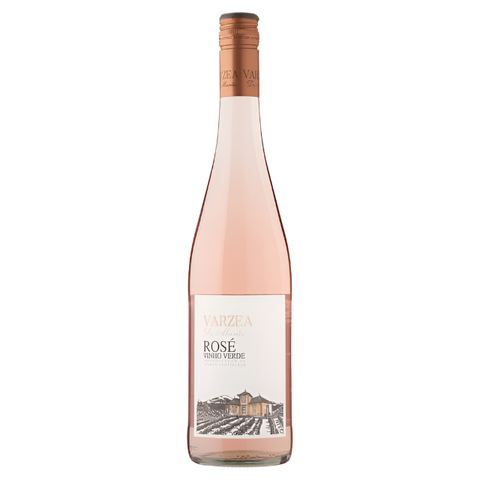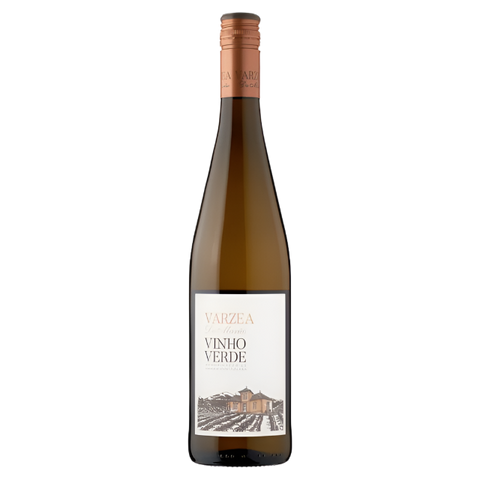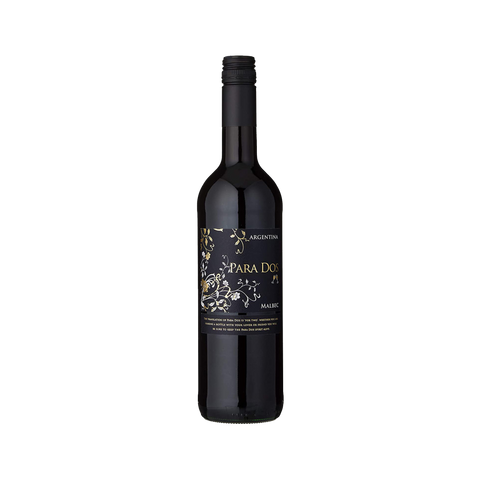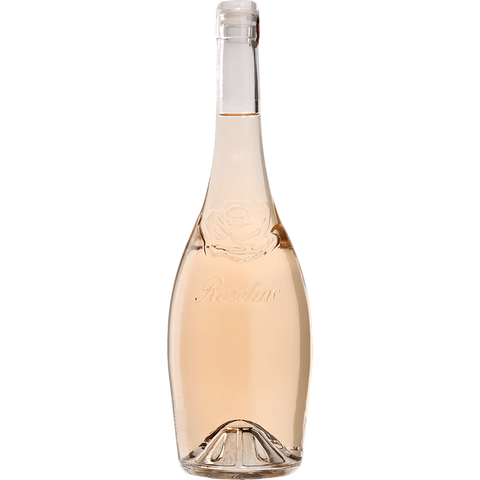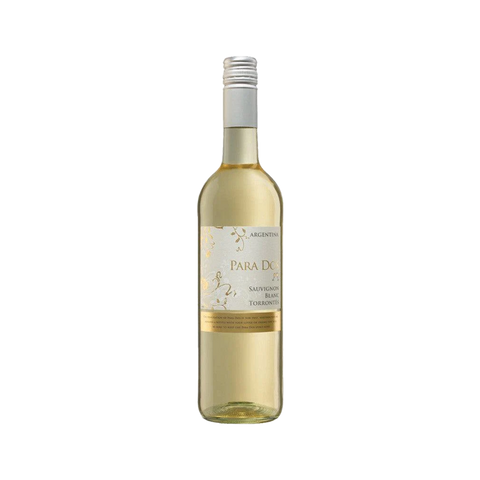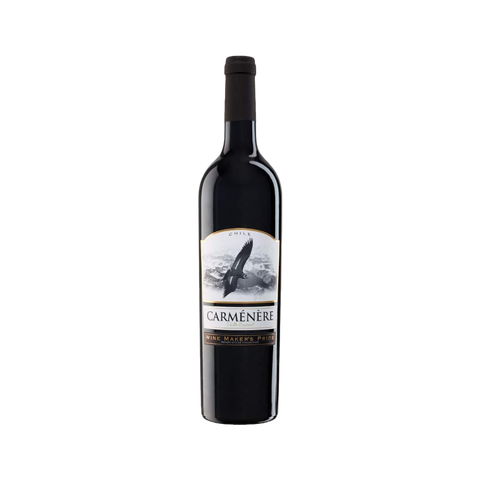6 products
Frequently Asked Questions
What is Vegetarian Wine?
How is Vegetarian Wine Made?
Are All Wines Vegetarian?
What Makes Wine Vegetarian and How to Tell If Wine is Vegetarian?
What are the Differences Among Regular Wine, Vegan Wine and Vegetarian Wine?
What are the Different Types of Vegetarian Wines?
How to Choose a Good Vegetarian Wine?
What is Considered as a Good Vegetarian Wine?
How to Buy Vegetarian Wines Online?
How to Store Vegetarian Wine?

